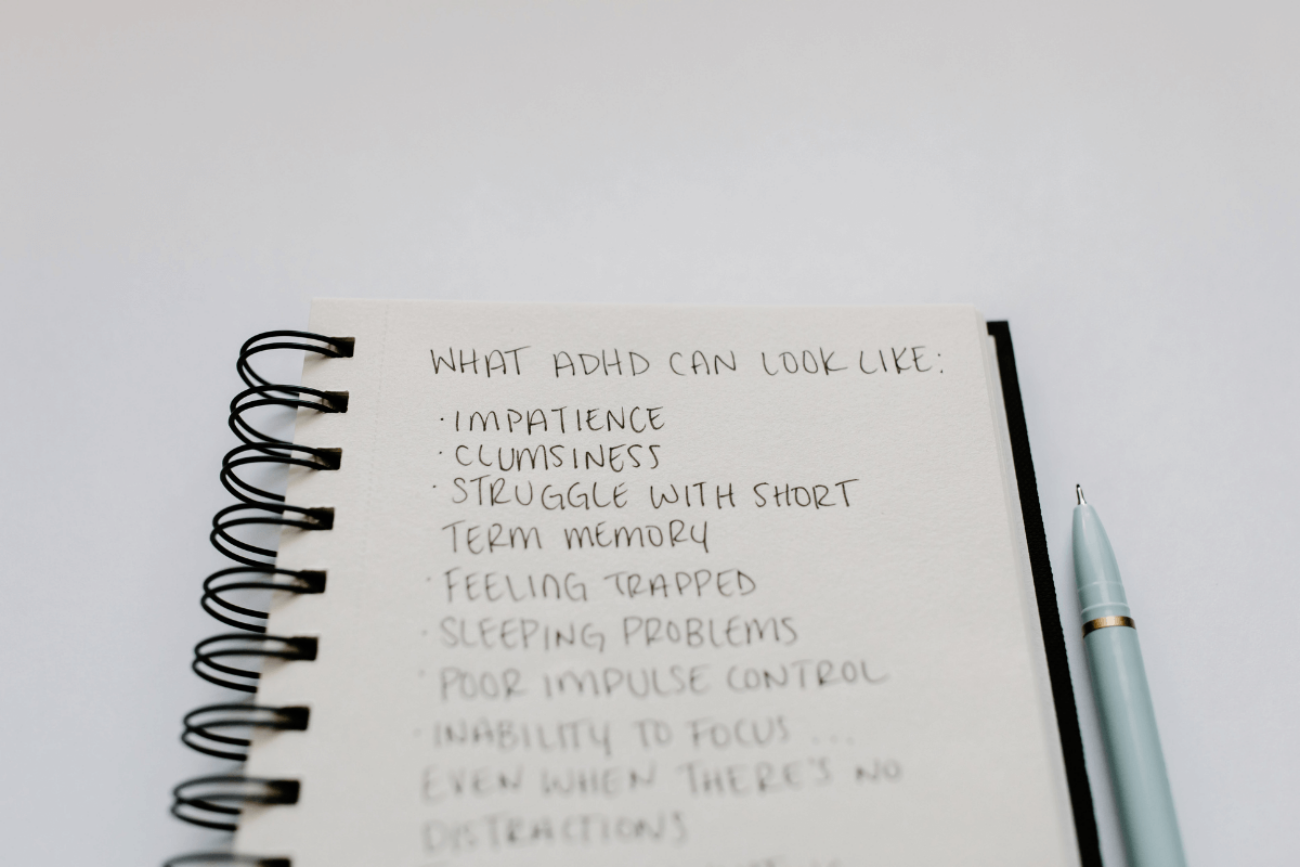Attention Deficit Hyperactivity Disorder (ADHD) is often associated with childhood, but it can persist into adulthood, affecting millions of people worldwide. In fact, studies suggest that about 5% of adults in the United States alone have ADHD. Despite its prevalence, adult ADHD often goes undiagnosed and untreated, leading to significant challenges in various aspects of life. In this blog post, we will delve into the statistics surrounding adult ADHD, the importance of destigmatizing ADHD, and discuss how to recognize its signs and seek proper diagnosis and treatment.
"Education and open conversations are powerful tools in reducing the stigma surrounding this condition, allowing individuals to seek diagnosis and treatment without fear of judgment."
The Statistics
Prevalence of Adult ADHD: As mentioned earlier, the National Institute of Mental Health reports that approximately 5% of adults in the United States have ADHD, which equates to about 10 million adults. However, it’s essential to note that ADHD often remains under-diagnosed in adults, so the actual number of affected individuals may be higher.
Gender Differences: Studies have shown that ADHD is more commonly diagnosed in males during childhood. However, in adulthood, the gender gap narrows significantly, with roughly equal rates of ADHD diagnosis among men and women. This suggests that many females with ADHD may go unnoticed in childhood, making it crucial to consider adult ADHD as a possibility.
Late Diagnosis: Adult ADHD often remains undiagnosed until later in life. According to research published in the Journal of Clinical Psychology, the average age of diagnosis for adults with ADHD is 27 years old. This late diagnosis can result in years of untreated symptoms and difficulties.
Destigmatizing Adult ADHD
In the journey to recognize and address adult ADHD, it’s crucial to emphasize the importance of destigmatization. Historically, ADHD has been associated with misconceptions and misinformation, which can deter individuals from seeking the proper support they need. We must remember that ADHD is not a character flaw or a lack of discipline; it’s a neurodevelopmental disorder with biological underpinnings. By fostering understanding and empathy, we can create a more inclusive and supportive environment for those with adult ADHD. Education and open conversations are powerful tools in reducing the stigma surrounding this condition, allowing individuals to seek diagnosis and treatment without fear of judgment.
Screening for Adult ADHD
Screening for adult ADHD involves a multi-step process that includes self-assessment, clinical evaluation, and potentially, neuropsychological testing. Here are the key steps to consider:
Self-assessment: The first step is to self-reflect and consider whether you exhibit symptoms associated with ADHD. These may include:
- Difficulty with sustained attention
- Impulsivity and acting without thinking
- Chronic forgetfulness and disorganization
- Difficulty managing time and tasks
- Restlessness or fidgeting
- Difficulty with patience and frustration tolerance
Next Steps
If you or someone you know exhibits several of the symptoms mentioned above, it’s crucial to seek professional help for an accurate diagnosis.
Assessment: The assessment process typically involves a comprehensive evaluation of your medical history, a clinical interview, and the use of standardized ADHD assessment tools.
Collect Information: Provide the healthcare professional with as much information as possible about your symptoms, their duration, and their impact on daily life.
Involve Loved Ones: In many cases, loved ones’ input is valuable for diagnosis. They can provide insights into your behavior and experiences that you may not be aware of.
Other Conditions: ADHD symptoms can overlap with other mental health conditions. A proper evaluation will ensure that other conditions are ruled out or appropriately addressed.
Consult a Healthcare Professional: If you’re a TouchCare member and would like supporting in locating a high-quality provider, login here.
Adult ADHD is a real and treatable condition that affects a significant portion of the population. Recognizing the signs and seeking professional help is the first step towards managing the condition effectively. With the right diagnosis and treatment, individuals with adult ADHD can overcome the common challenges that come with the disorder. If you suspect you may have ADHD, don’t hesitate to reach out to a healthcare professional and take control of your well-being.
Inhale. We've got this. Exhale.
Understanding healthcare; with us, it’s personal.


